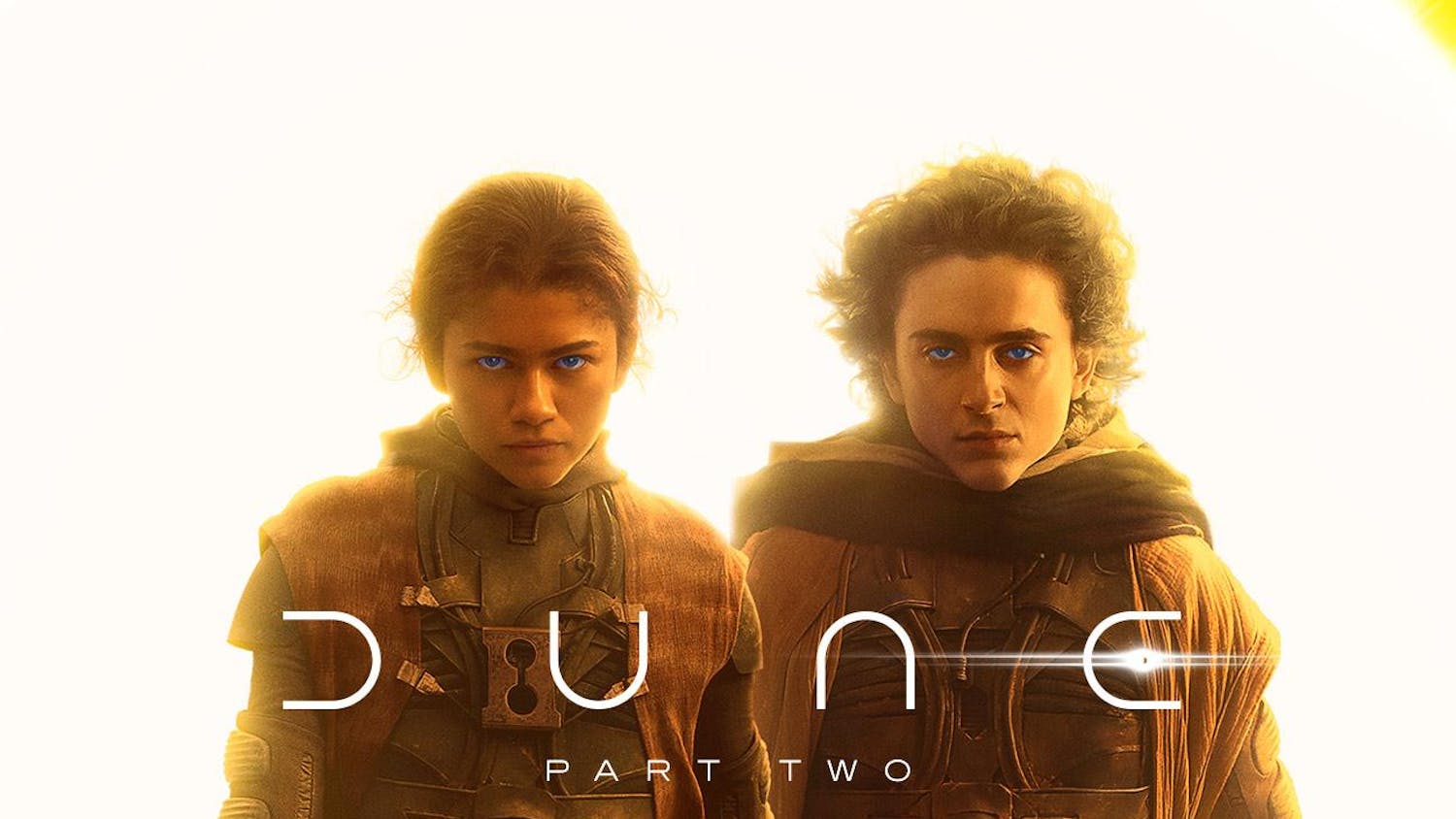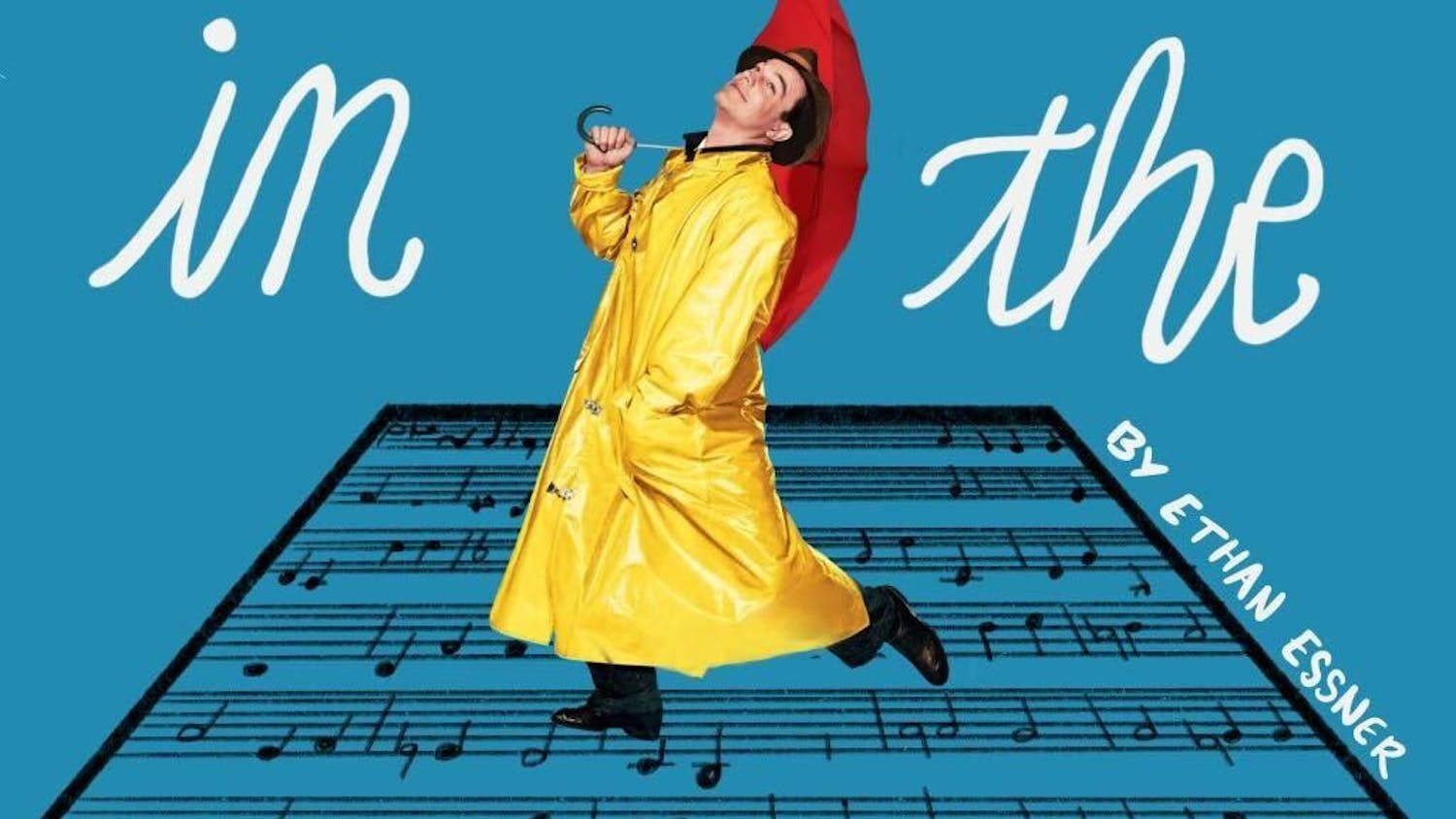If you scrape it down to the bare bones, "Black Snake Moan" is just another story about two people forced to face their tortured pasts. However, that would be denying the film due credit. While it might be the same old story, it's set to a whole new tune: the blues.
Following the critical success of "Hustle & Flow" (2005), writer-director Craig Brewer swaps rap for some soul-searchin' blues, telling a story that could easily be the subject of a bad country western song or an episode of Jerry Springer. Yet surprisingly, "Black Snake Moan" is just as poignant and profound as it is completely psychotic.
The film opens with archive footage of music legend Son House telling the audience that blues is about love and lovers' deceptions. Characters Lazarus (Samuel L. Jackson) and Rae (Christina Ricci) embody this dichotomy as their individual narratives are juxtaposed throughout the first reel. He's the one hoping love will stop his wife from leaving him (to run off with his brother, no less), and she's the town floozy, committing several infidelities in the few days following her boyfriend's (Justin Timberlake) deployment.
After finding Rae beaten and half-naked, Laz (as he is called) takes her into his home, eventually securing her there with a 40-pound chain tied to his radiator, intending to "cure her of her wickedness." Over the next few days both Rae and Laz come to terms with their collective meshugas, recognizing the power of communication and coming to grips with the idea that only you have the ability to change yourself.
Thanks to the innovation provided by Brewer, what could have been a preachy and predictable story of redemption is elevated to something more. It would have been simple (and definitely easier to market) for Rae and Laz's story to have been told in the Big City, with Rae as a world-weary young ing?©nue and Laz a more attractive older gent - and without the 40-pound chain, obviously.
Instead the audience is transported to a small, post-industrial town in the Deep South, complete with often indecipherable twang and plenty of cursing. The setting allows for otherwise impossible candor. No character is afraid to speak of taboo subjects, like racism or sexual abuse.
This character-driven film lets Ricci and Jackson both shine as hero and antihero simultaneously. Despite all of their characters' flaws, they each effectively save the other: Rae fits into Laz's life as the child he never had, while Laz is the person who empowers Rae to get her act together, despite post-traumatic stress stemming from a childhood of abuse. Just as the movie was a risk to make, both of the central roles were a gamble to take on. Luckily, they more than paid off.
Ricci again proves her acting abilities as the indie world's improvement on Reese Witherspoon: the wide-eyed pixie-who-could, in a role so daring one can only compare it to Maggie Gyllenhaal's submissive darling in "Secretary" (2002). While this should be the role to hurl Ricci back into the spotlight, such a promise has a certain boy-who-cried-wolf air about it after her similarly strong performances in 2001's "Prozac Nation" and 2003's "Monster." Never fear: this just means independent filmdom won't have to share.
Jackson is likewise spot-on, reminding us that after every "xXx: State of the Union" (2005) comes a "Black Snake Moan." It has been quite some time since he's displayed such passion and pain onscreen, although one cannot overlook his stunning performance in "Snakes on a Plane" (2006). Apparently, good acting is like riding a bike; too bad he doesn't take to the wheels more often.
As far as secondary characters go, none particularly stand out, least of all Justin Timberlake. It's clear that talent is buried down there somewhere, but, judging by this film, he's the type of actor who is willing to receive acclaim for a part instead of a performance. Still, kudos is deserved for another giant step toward breaking out of the boy band mold.
While "Black Snake Moan" is superficially profane and perverse, the film easily sucks its audience into a darkly ideal world in which all wounds heal with the right provocation. Blues chords hum in the background, emphasizing undertones of truth, understanding and integrity - well, as much integrity as you can have with a 40-pound chain tied around your waist.





